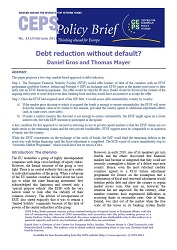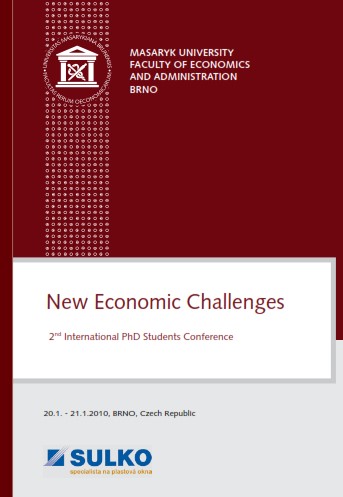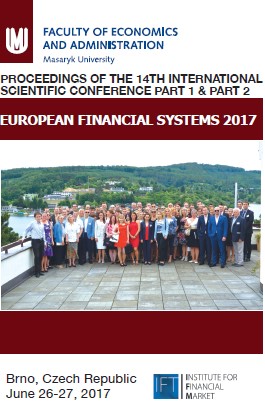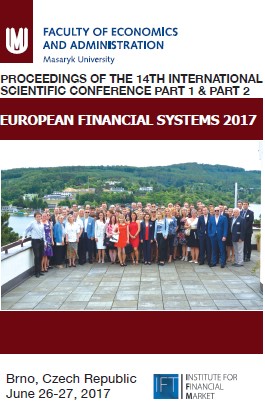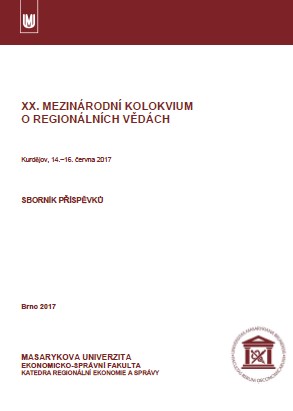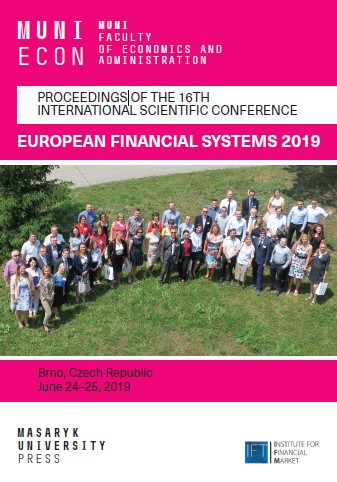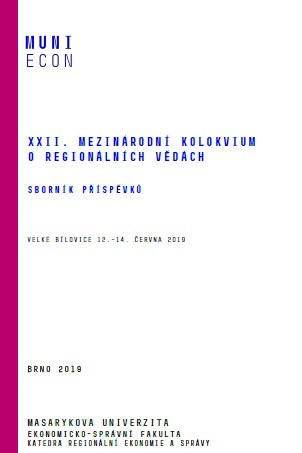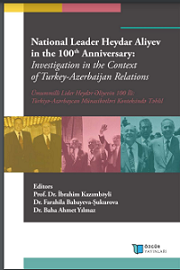Author(s): Florin Oprea,Lenuta Cojocariu / Language(s): English
Publication Year: 0
The core problem of resilient cities is ensuring the capacity to preserve their main functions and keep provide public services throughout different shock or stress, while protecting and enhancing community members’ lives. Along the many factors related to cities’ resilience (e.g. territoriality, urbanization, infrastructure, social capital, educational attainment, the skills of the region’s workforce, place attachment, leadership, community cohesion and efficacy, community networks, and knowledge and learning etc.), fiscal variables should be considered as crucial ones, since both providing public services and fueling the (good) triggers of resilience, for medium and long term, need to be supported by public financing. Moreover, recent economic and pandemic crises demonstrated that local finance are in many cases very fragile, local public incomes being largely affected by their effects, and thus producing a negative impact on local expenditures and municipalities development. In this context, cities’ fiscal resilience gained an important position on governments’ public agenda, claiming better-oriented public policies, which could be supported by empirical evidence that scientific research could bring. On this direction, our paper intends to identify the main roots of the local budgets resilience and the specific connections with cities resilience, based on a sample of 23 EU Member States, synthetizing the best practices that could be adapted to other systems.
More...
